15, December 2022
Don’t turn Africa into China-US battleground, Beijing warns Washington 0
Beijing has voiced its opposition to turning Africa into a focus of the rivalry between China and the United States as dozens of African leaders converge in Washington for a summit aimed at rebooting US influence on the continent.
Ahead of Tuesday’s start of the three-day US-Africa Leaders Summit, Chinese Foreign Ministry spokesman Wang Wenbin said China would form partnerships with African countries on the basis of mutual respect, equal treatment and sincere cooperation.
“We are glad to see that all sides of the international community are paying more attention to Africa, but we firmly oppose using Africa as an arena for great power rivalry and using African strategy as a tool to limit and attack other countries’ cooperation with Africa.”
Heads of state from 49 African nations and the African Union have been invited to take part in the summit.
China is seen as the United States’ most significant economic and military adversary. It has offered assistance in African affairs without conditions. Sub-Saharan nations have also been major recipients of Chinese investment through the “belt and road initiative.”
With dozens of African leaders descending on Washington this week, the administration of President Joe Biden is offering a not-so-subtle pitch in its economic competition with China on Africa.
Deputy Commerce Secretary Don Graves has acknowledged the US has fallen behind as China has surged past American foreign direct investment in Africa. The continent, whose leaders often feel they have been given short shrift by leading economies, remains crucial to global powers because of its rapidly growing population, significant natural resources, and a sizable voting bloc in the United Nations.
But the US has accused China of creating “debt traps” by extending unsustainable loans to developing nations with the intent of capturing loan-supported projects when they cannot pay back the loans.
Africa remains of great strategic importance as the US recalibrates its foreign policy with a greater focus on China.
Source: Presstv
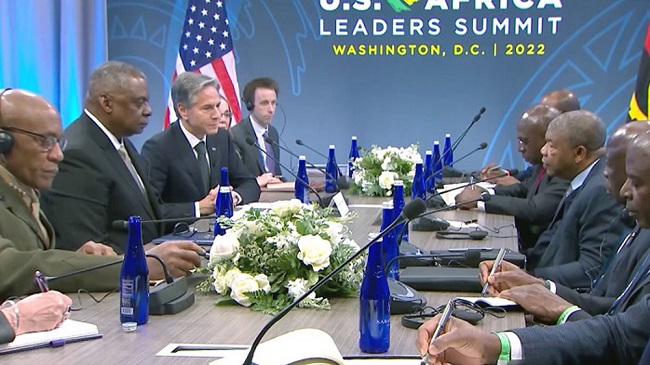
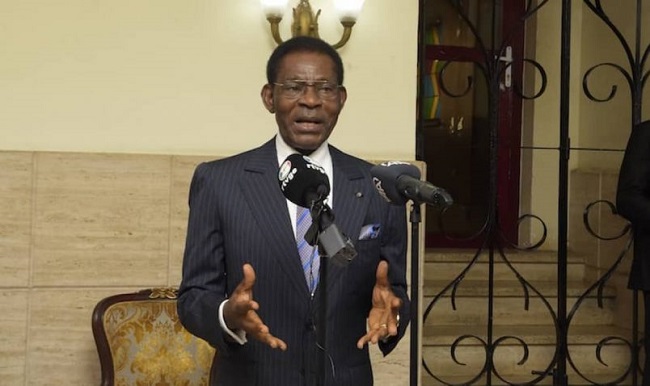
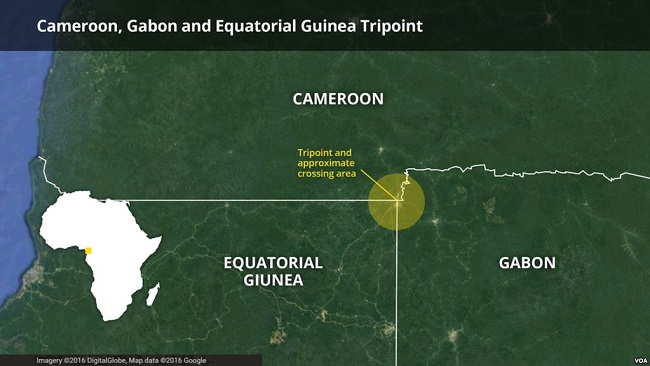
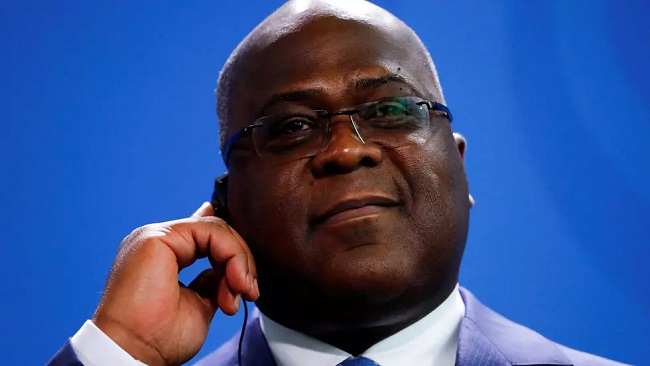
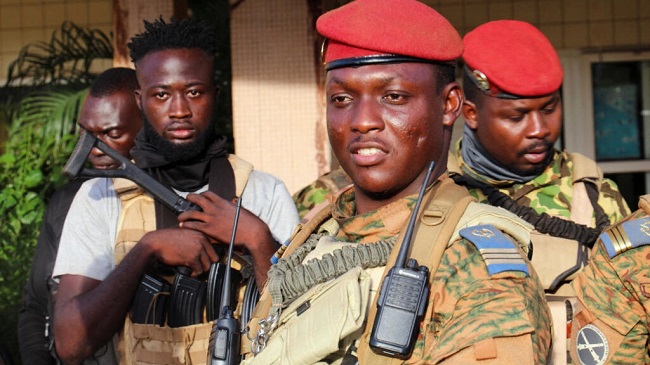

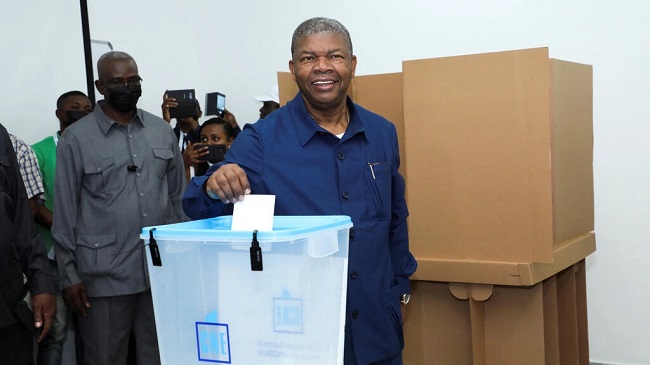
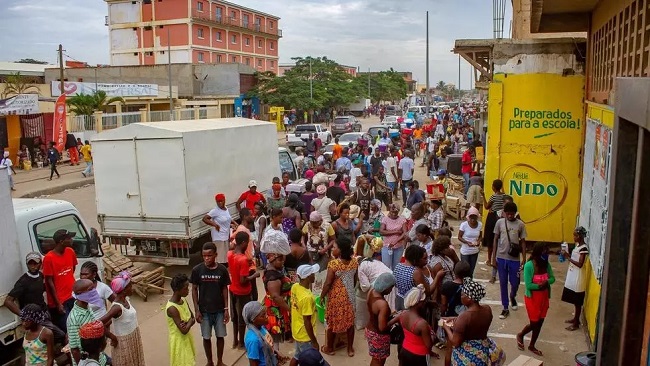














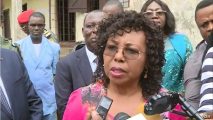


2, January 2023
Senegalese MPs jailed for attacking female legislator in parliament 0
Two Senegalese opposition MPs were handed six-month jail terms on Monday for physically attacking a female colleague in parliament.
In a case that sparked anguished debate about democracy in Senegal, pro-government legislator Amy Ndiaye was slapped and then kicked in the belly during a chaotic session in the National Assembly.
MPs Mamadou Niang and Massata Samb were each given six-month prison terms after a trial that began on December 19.
They were also each fined 100,000 CFA francs CFA ($150) and ordered to pay five million francs in damages.
Prosecutors had sought two-year terms.
The bust up happened on December 1, during a routine vote on the justice ministry’s budget.
It was sparked by remarks Ndiaye had made about Serigne Moustapha Sy, an influential Muslim leader who supports the opposition but is not a lawmaker.
After order was restored, Ndiaye fainted and was given hospital treatment — her lawyer Baboucar Cisse said she was pregnant and there were fears she could lose her baby.
She has since left hospital but “remains in an extremely difficult situation,” Cisse said.
The incident triggered a fierce debate about parliamentary discourse and attacks on women. It notably coincided with an awareness campaign against domestic violence.
Senegal is widely viewed as a beacon of stability and democracy in West Africa — a region notorious for coups and dictatorships.
Legislative elections in July led to a virtual tie, requiring President Macky Sall’s party to forge a coalition to stay in power.
Sall was elected to a seven-year term in 2012 and re-elected for a five-year tenure in 2019. He has not divulged his plans for the next presidential vote, due in 2024.
Niang and Samb, who were arrested on December 15, were not present in court.
“They are going to remain in prison pending an appeal,” one of their lawyers, Abdy Nar Ndiaye, told AFP.
They denied hitting the legislator, despite video evidence to the contrary.
Their lawyers argued the pair were immune from prosecution, given their status as lawmakers, but this was rejected by the court.
Source: AFP